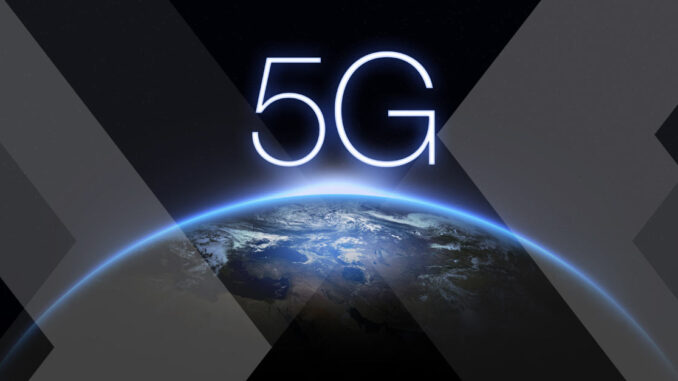
The deployment of 5G technology brings significant advancements in connectivity and efficiency, but it also introduces potential threats to critical infrastructure.
These threats can have serious implications for public safety, national security, and the overall functionality of essential services.









1. Cyber-Attacks
5G networks are more susceptible to various cyber-attacks due to their increased complexity and reliance on software-defined systems. Potential threats include:
Distributed Denial of Service (DDoS) attacks: The higher data speeds and lower latency of 5G can enable attackers to launch more sophisticated DDoS attacks, overwhelming systems and disrupting services.
Data breaches: The vast amount of data transmitted over 5G networks increases the risk of unauthorized access and data theft, which can compromise sensitive information related to critical infrastructure.
Ransomware: Cybercriminals may exploit vulnerabilities in 5G networks to deploy ransomware, potentially crippling essential services and demanding payment for restoration.
2. Interconnected Vulnerabilities
5G technology facilitates the integration of numerous Internet of Things (IoT) devices across critical infrastructure sectors, such as energy, transportation, and healthcare. This interconnectedness means that a vulnerability in one device can lead to cascading failures across multiple systems. For example, a compromised IoT sensor in a power grid could disrupt energy distribution, affecting homes and businesses.
3. Privacy Risks
The extensive data collection capabilities of 5G networks raise significant privacy concerns. Sensitive information about individuals and operations can be exposed if security measures are inadequate. This risk is particularly concerning for critical infrastructure sectors, where breaches could lead to unauthorized surveillance or manipulation of systems.
4. Impact on Emergency Services
The reliance on 5G for emergency services, such as ambulance dispatch and fire department communications, means that any disruption or compromise of the network could hinder response times and effectiveness. A cyber-attack targeting these services could have dire consequences for public safety.
5. Geopolitical Risks
As 5G technology becomes integral to national security and critical infrastructure, it also raises geopolitical risks. Nations may target each other’s 5G networks to disrupt services or gather intelligence, leading to potential conflicts and instability. The interconnected nature of global telecommunications means that vulnerabilities in one region can have far-reaching effects.
Conclusion
In summary, while 5G technology offers transformative benefits, it also poses significant threats to critical infrastructure. Addressing these threats requires a comprehensive approach that includes robust cybersecurity measures, continuous monitoring, and collaboration between government and industry stakeholders. Ensuring the security and resilience of 5G networks is essential to protect vital services and maintain public safety.


Leave a Reply